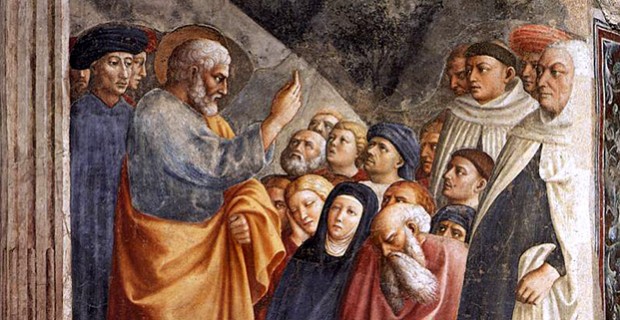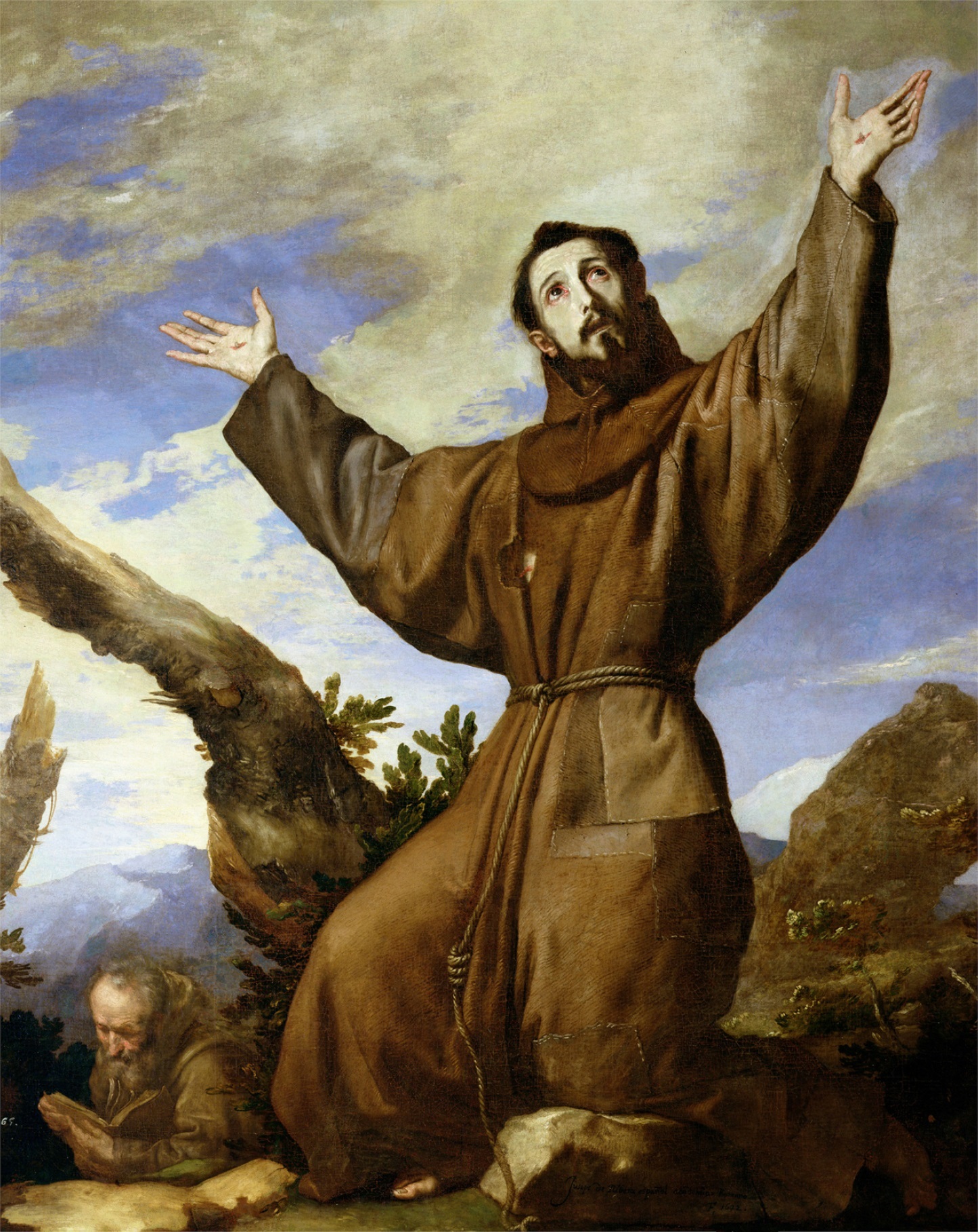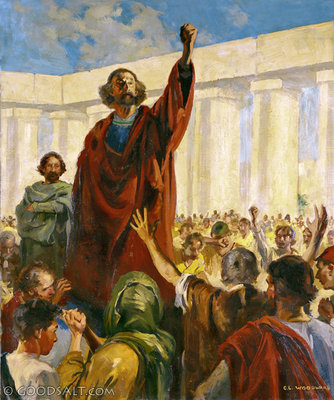Statue of Saint Clare of Assisi in the Church of San Rufino in Assisi
From the Jewish
Theology on Light:
And as the song above tells us it is about keeping the light
alive in our spirits so everyone, Poor clare or not, will let the light shine in our souls and so be a help to others to do the same.
Thomas Traherne in his book ” a Century of Meditations”
says:
“We are born to be a burning and shining light and to show that light to the Universe.
Easter is a time of LIGHT
for Christ, our Light, shines in our Paschal Candle.
And as Antoine Saint Exupery says in his book
“Wisdom of the Sands”
The virtue of the candle lies not in the wax
that leaves its trace,
but in its light.
Easter Shalom





